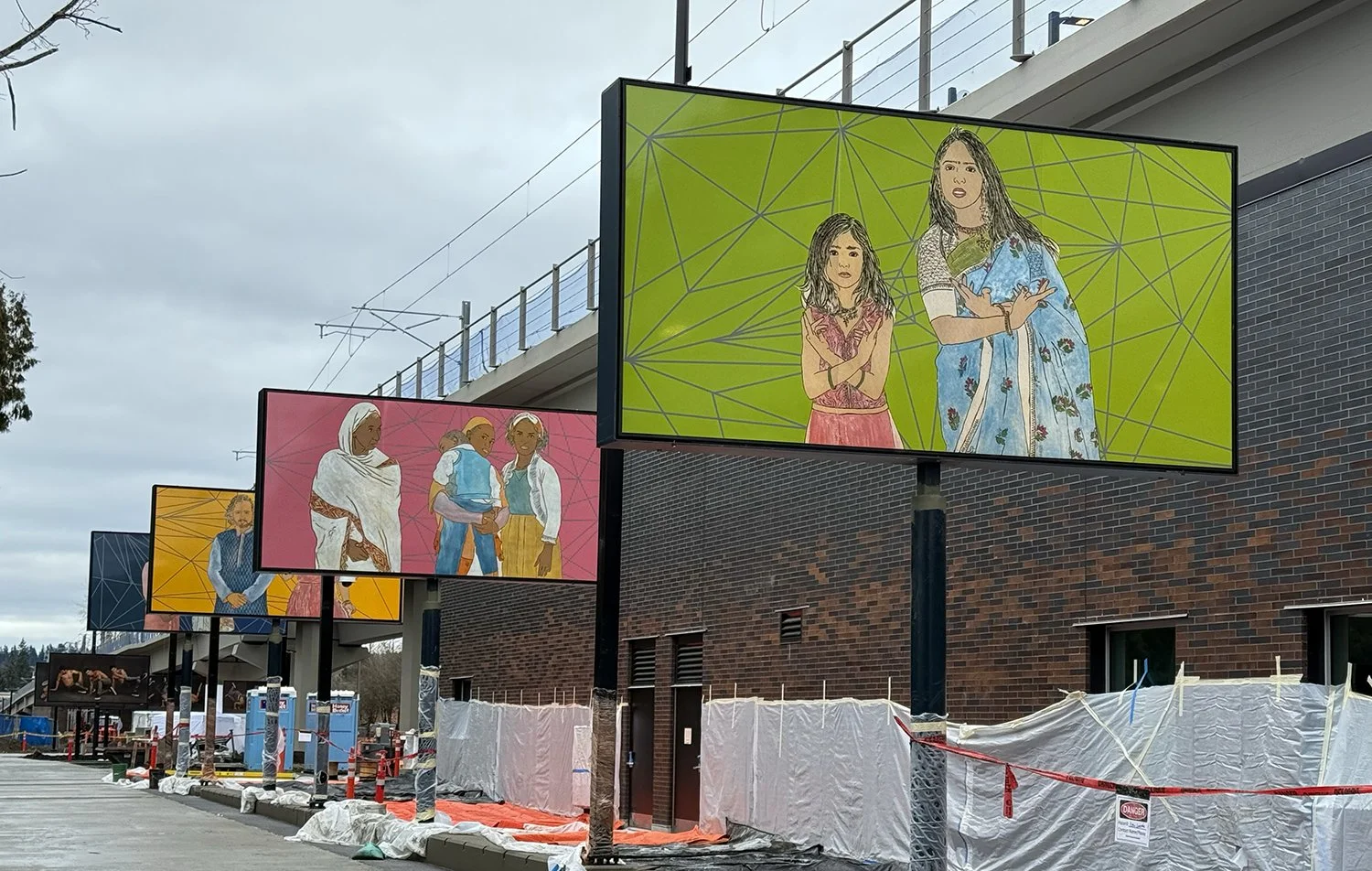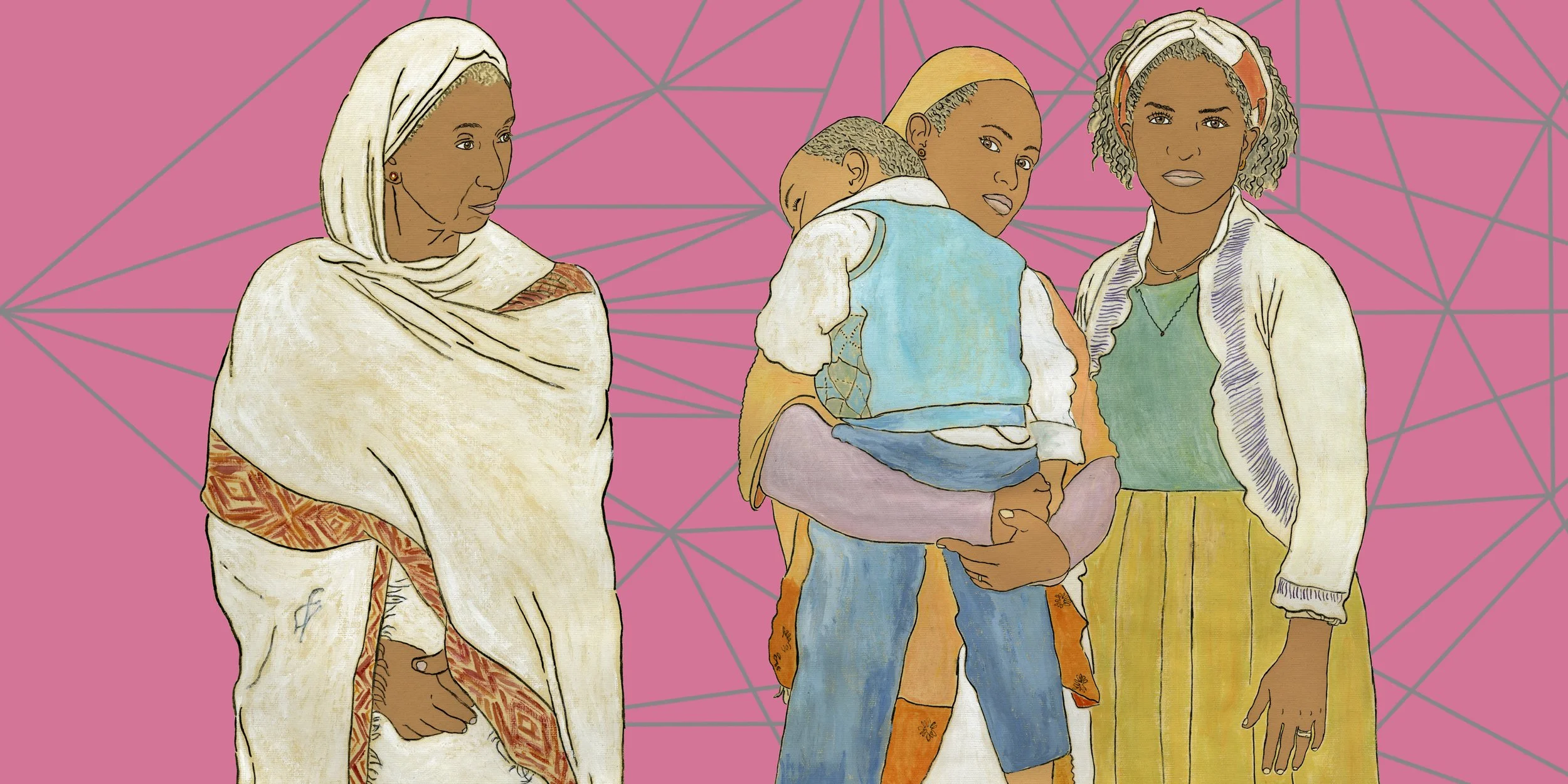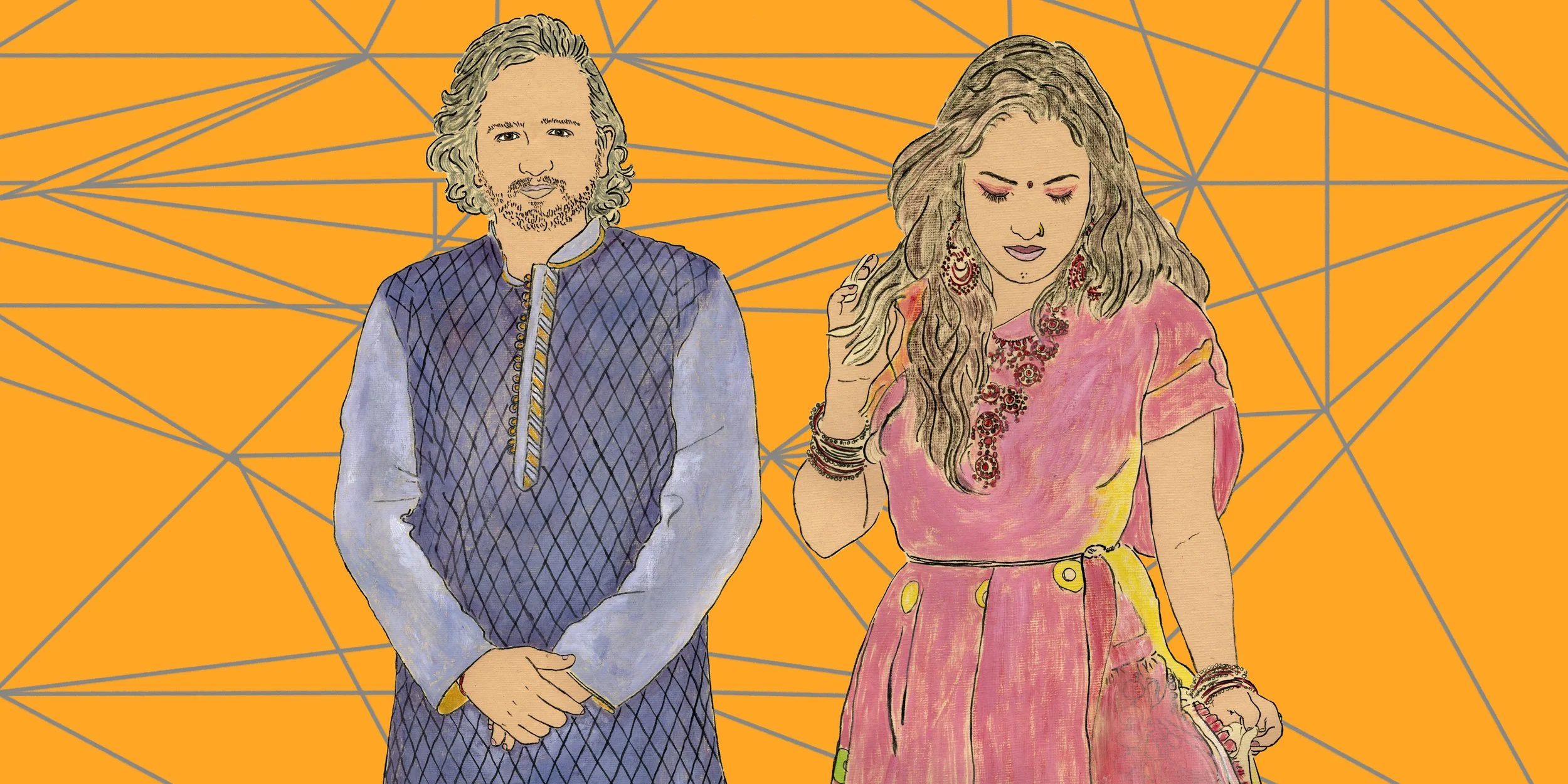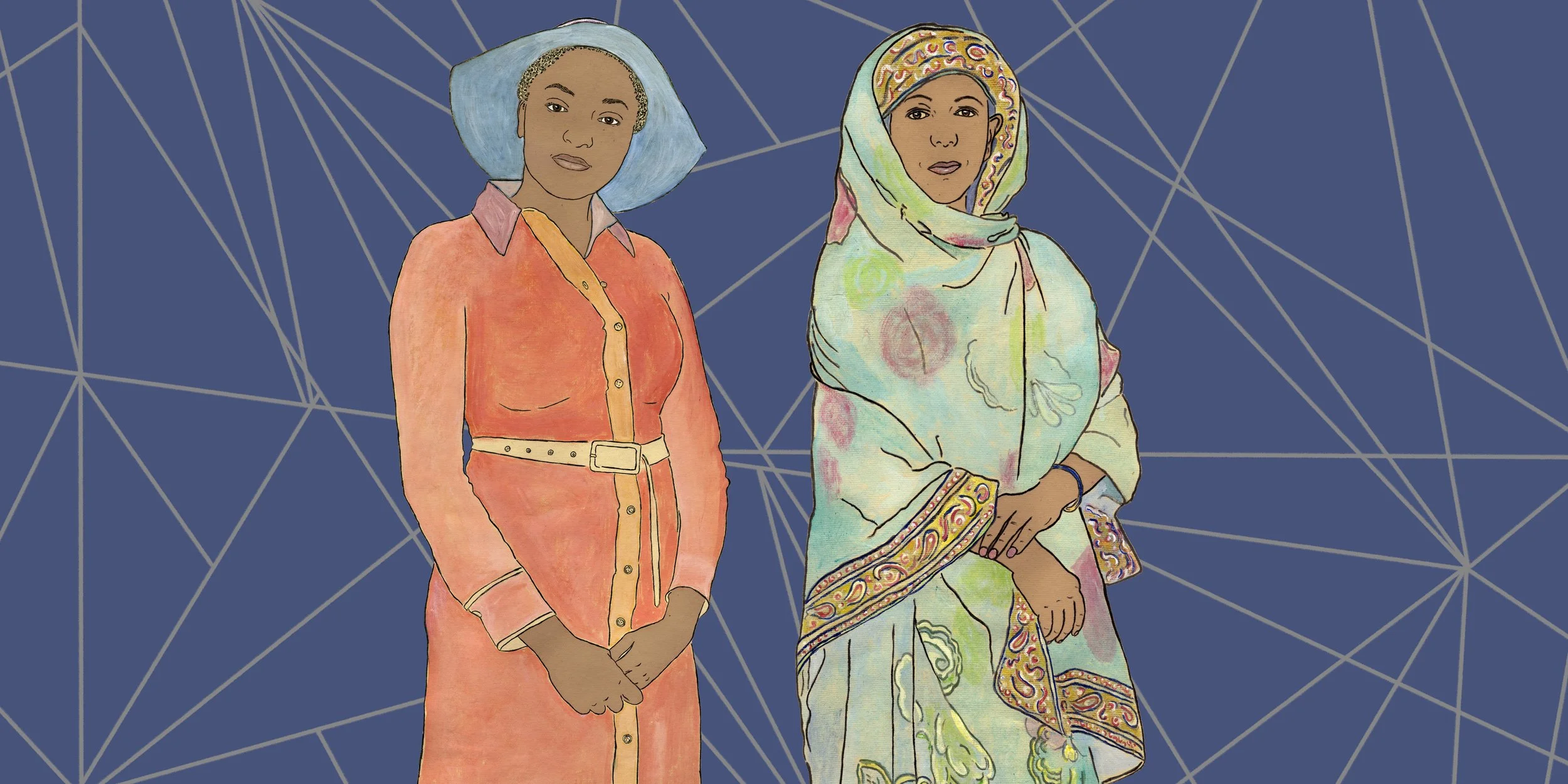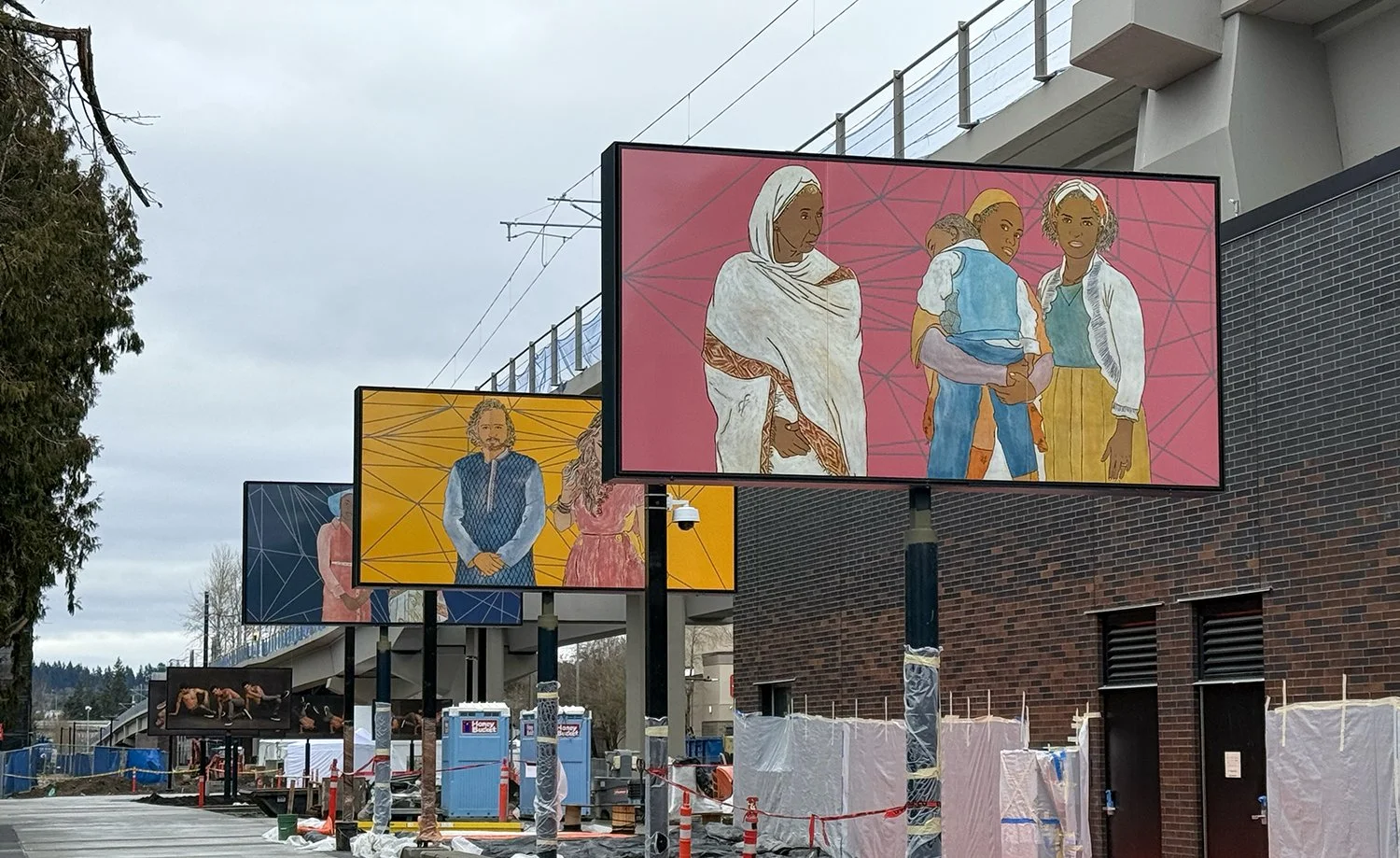My first permanent public artwork
at the downtown Redmond Link Light Rail Station
My first permanent public artwork, We Are All Immigrants, five 6-foot x 12-foot porcelain-on-steel panels, is part of a group of artists' installations at the new Downtown Redmond Link Light Rail Station at Cleveland Street and 166th Ave. The station opened on May 10, 2025
Opening day, May 10, 2025, of the Downtown Redmond Link Light Rail Station. My installation is titled We Are All Immigrants. It is five 6’ x 12’ porcelain on steel panels.
A speaking program will start at 10:30 am, and then a ribbon-cutting ceremony at noon, and additional events all day until 4 pm. Read about the day-long festivities here.
A Meet-the-Artists event will be at the SecondStory Repertory Theater from 4-6 pm. Sign up in advance for free tickets. Each artist will give a short presentation with slides about their work.
I took this photo shortly after the panels were installed.
Here is the statement on the plaque for the installation:
We Are All Immigrants
Malayka Gormally
Porcelain enamel | 2024
Inspired by her family history and commonalities universal to the immigrant experience, Gormally worked with local immigrant communities to create this portrait series using drawing and watercolor techniques. Each model is seen wearing garments—many from their native countries—that showcase diverse textile traditions and important cultural heritage. She set the figures in geometric webs of connection based on line drawings by Conor Gormally, highlighting immigrants’ individuality and connectedness within our society.
A grant from 4Culture supported the initial portraits in this series.
Menbere (left) is depicted in a casual Ethiopian dress. Seblework (right) wears a traditional Ethiopian dress.
Mother and daughter Bhumika and Siyona are dressed in traditional Indian outfits. Bhumika (right) wears a sari, a length of woven fabric, draped over the body like a dress. Siyona (left) is in a lehenga choli, comprised of a skirt (lehenga) and blouse (choli).
Atakilt (left) wears a traditional Ethiopian outfit made of hand-woven cotton, including a netela (shawl) over a Habesha kemis (dress). Selamawit (middle) is in a traditional Ethiopian outfit. Abeba (right) dons a casual Ethiopian dress and traditional hair band.
Husband and wife Priyank and Nupur wear traditional Indian outfits. Priyank (left) is in a kurta, worn for both casual and formal occasions. Nupur (right) is in a chaniya choli, worn for cultural celebrations; it includes an embroidered skirt (chaniya) and fitted blouse (choli).
The woman on the left, originally from Cameroon, is depicted wearing her Sunday clothes. Menbere (right) is wearing a Diriya from Ethiopia



